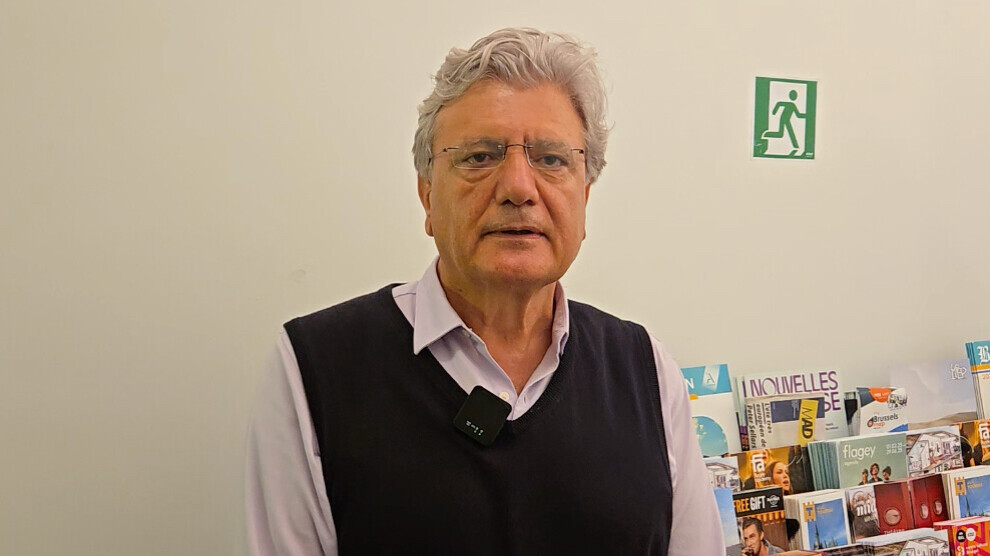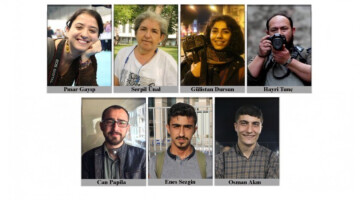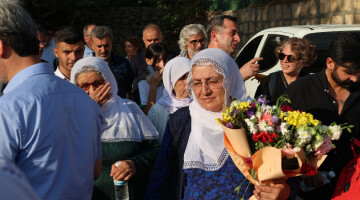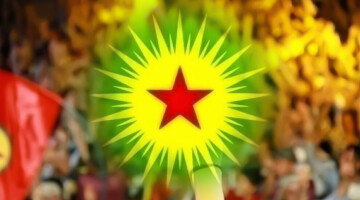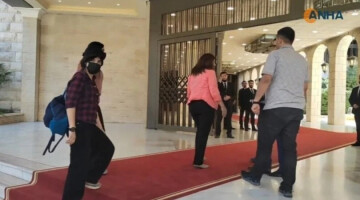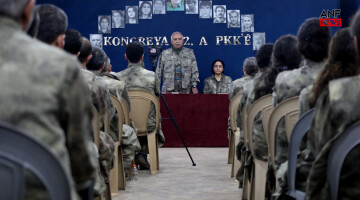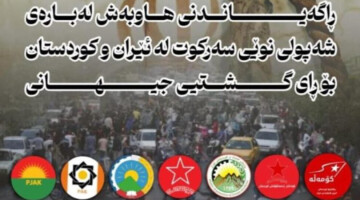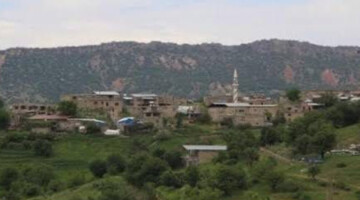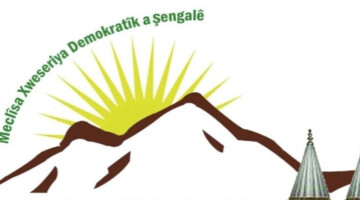Speaking to ANF, political scientist Prof. Naif Bezwan stated that with the end of the 12-day conflict between Iran and Israel, the Middle East has entered a new period of geopolitical transformation, at the center of which stands the Kurdish issue.
Bezwan said that the state of non-conflict between Iran and Israel is temporary and that it is more of a process of rebuilding than a ceasefire.
According to Bezwan, the Iranian regime will no longer be able to protect its political and natural borders after these conflicts, and the Middle East has entered a new era.
‘The pillars of the colonial status quo are being shaken’
Prof. Bezwan stated that the Iranian regime has faced the greatest internal and external threats since its founding, saying, "This is the most important challenge it has faced and poses the greatest threat to the regime. Additionally, from the perspective of the Kurds, we see that the three pillars of the colonial status quo established over Kurdistan after the 1920s, particularly through the Treaty of Lausanne and border agreements, are now being shaken. Therefore, we are in the midst of a process that is of the utmost importance for both the region and Kurdistan. We are undergoing a period of geopolitical upheaval.
We are going through a process in which regimes are changing and the possibility of borders being redrawn is very high. The Kurdistan issue could be resolved with the cracking of the status quo. The Kurdistan issue, in essence, can only be resolved through regime change or border changes. We are experiencing such a moment.”
‘Kurdistan is part of this process’
Prof. Bezwan stated that this will certainly have an impact on Kurdish politics and society, saying, "Both politicians and society need to focus on what needs to be done during this process. The process of regime change in Iran has now entered a rapid phase. Although this change will not be sudden or violent, it has now entered a visible phase. Within this framework, new political plans and attitudes are emerging at the national and international levels. Kurdistan is on the eve of this process; in fact, it is already part of it."
‘A unified policy and common stance are needed’
Looking back at the history of the 20th century, the emergence of the Kurdistan issue coincided with moments of geopolitical rupture, said Prof. Naif Bezwan and further stated the following:
“If you fail to produce a unified policy, develop a common stance, protect yourself against strategic manipulation and build your own knowledge production and strategic decision-making mechanisms against discursive or authoritarian structures, the geopolitical process that works in your favor may eventually turn against you. We are currently going through such a moment. As the Kurdish society and as politics, we must be prepared for these possibilities.
First and foremost, a unified policy must be developed. This does not mean that everyone must abandon their differences; rather, it means coming together for the sake of common interests, demands for freedom, and the right to self-determination. This requires adopting a common stance, both within and beyond existing borders, combining capacities, and developing a common strategy.
There is no time to waste. Kurdish society and politics must be prepared for this period militarily, intellectually, strategically, and rhetorically, because new changes are taking place and borders are shifting. This time, the Kurds, as a society, must not miss out on their rights and the necessity of self-determination."

